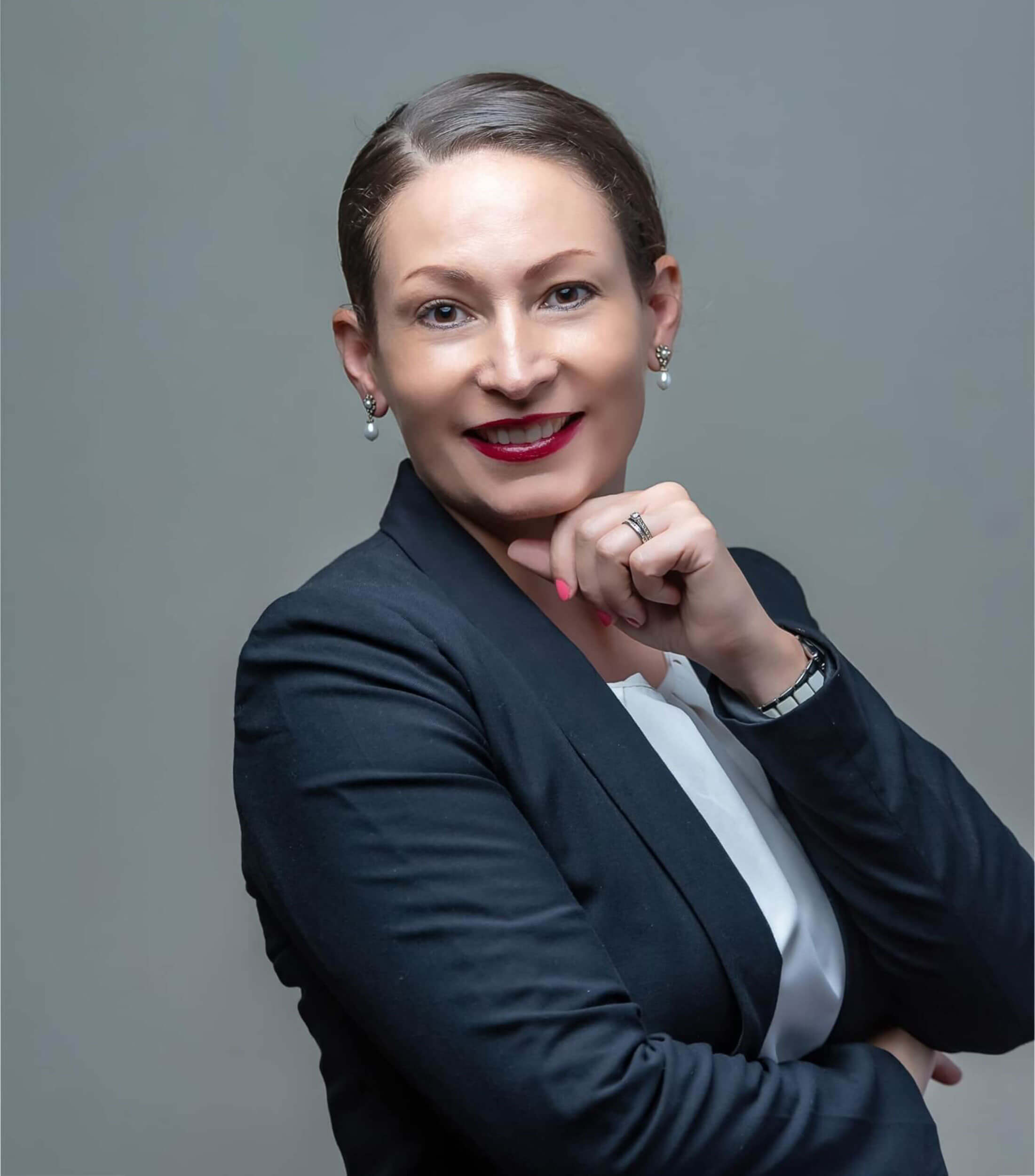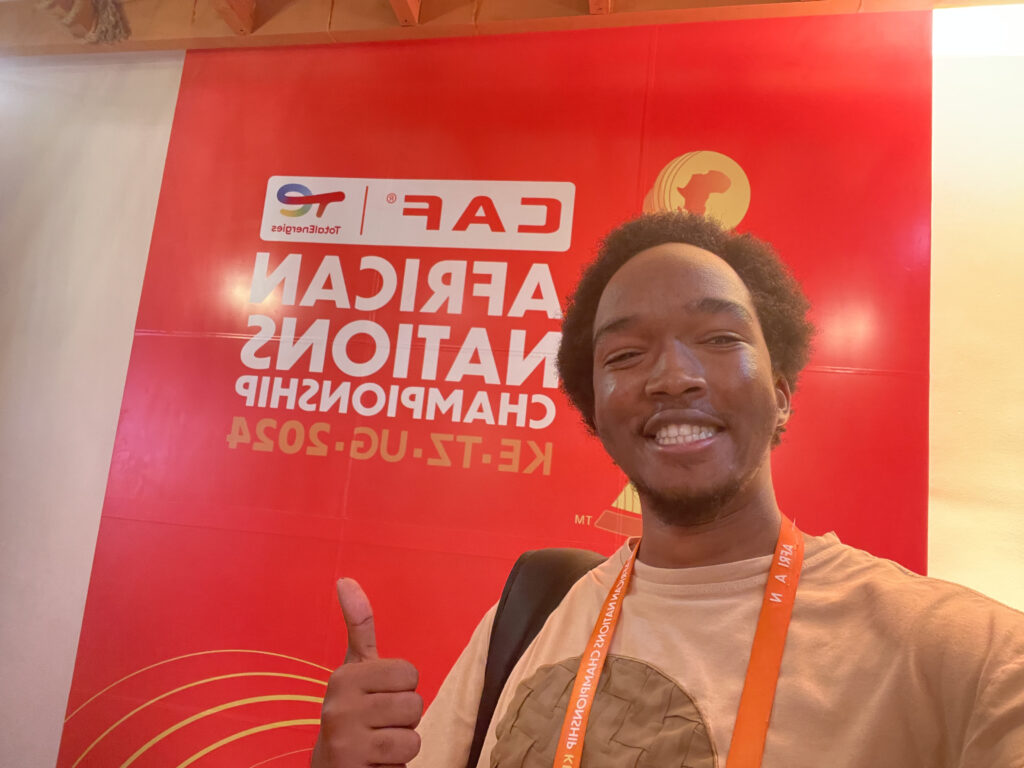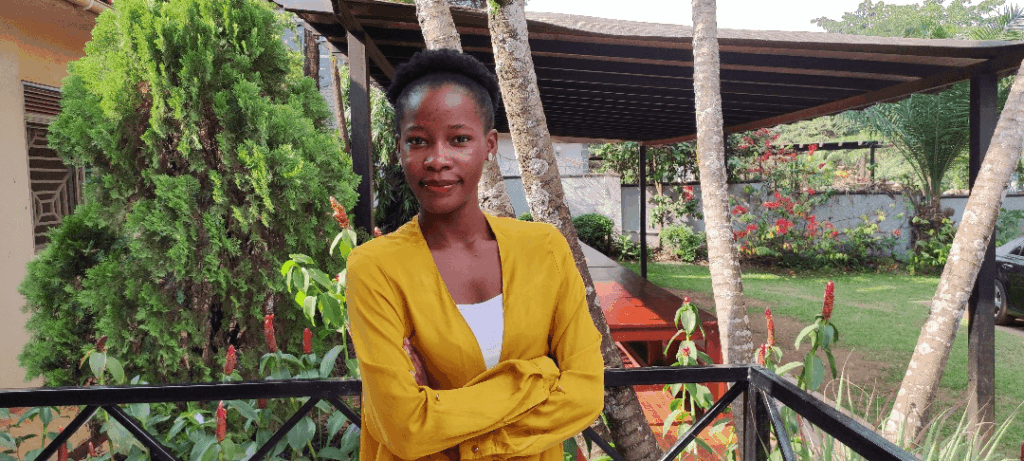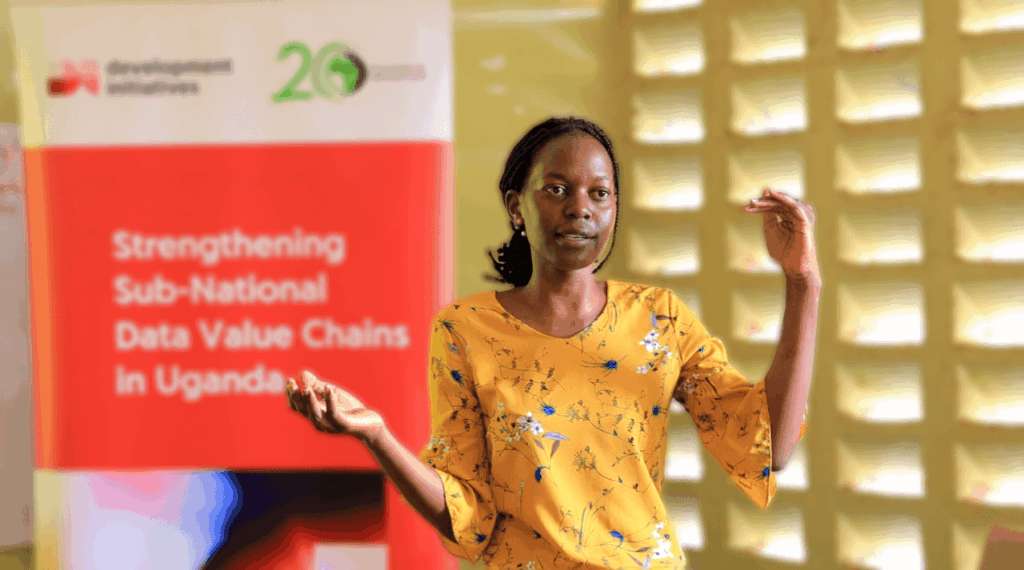While I was Managing Director at Laboremus Uganda Ltd, it was my responsibility to put together a work force capable of handling the projects our clients entrusted to us. I was lucky to draw on the many years of experience in attracting and managing tech talent from our sister company in Norway, Quesnay, but this was a completely different market.
Onetime, we tried a PR stunt to attract the “cream of the cream” from the Makerere University Software Engineering class. After their graduation, we invited the10 best students to a workshop with us, and we also carried out interviews with the most interesting ones. It was a great opportunity to interact directly with recent graduates. But it also made it clear how much they would still have to learn before they could add value to our clients. None of them (!) had heard about agile software project management (this was in 2017).
A similar eye opener was when we started an internship programme. We selected 5candidates from hundreds of applicants (every time we would publish openings for entry level positions we would get flooded with applications, one time we ended up with over 900!). Overall, the internship programme was a success. One of the interns went on to do his master’s degree in Norway after having worked several years for clients in the Norwegian market. But financially it was a catastrophe: the cost of training the interns was sky high (counted in the hours spent by experienced developers). And it took two years for the most talented of them to start working on a sophisticated system for a real client.It was not possible for a “start-up” like ours to foot this bill. After this, every time we would get requests about internships (and this was almost everyday), we had to say no.
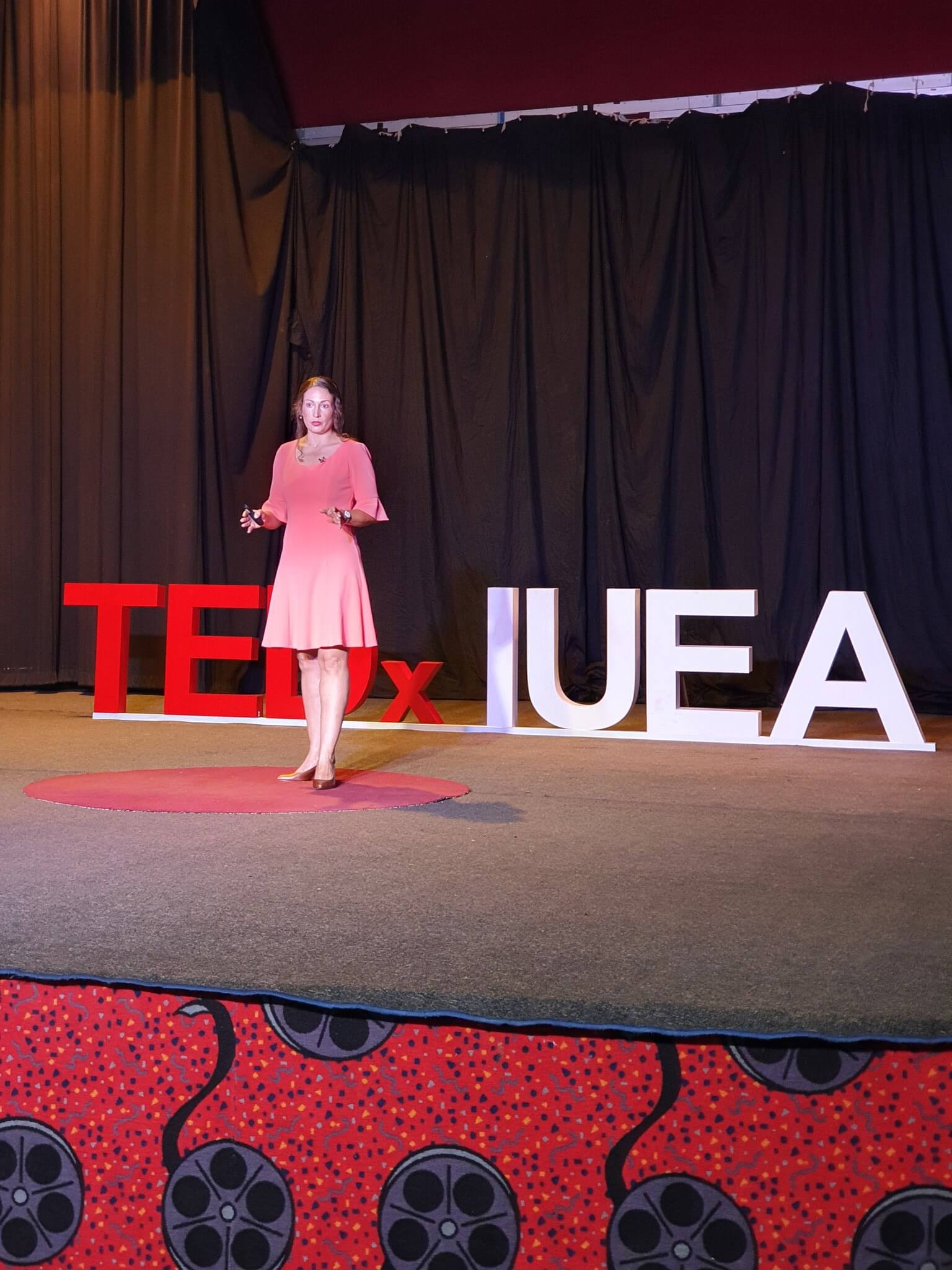
During all this time I wish there was a training programme where I could turn all these motivated, talented young people to, where they could get that basic training and experience that would make them candidates we could afford to hire; not in terms of salary, but in terms of training investment.
As an employer, it wasn’t only the technical skills we were looking for. I had learned this lesson much earlier, during my work setting up the Fontes YouthCentre in Bukasa. As Regional Coordinator for the Norwegian NGO Fontes Foundation, I worked closely with vulnerable communities trying to figure out what we could do for the youth to improve their prospects in life. We interviewed countless formal and informal employers in Kampala’s suburbs, and asked them what they looked for in new employees. Surprisingly, most of the replies were linked to soft skills and attitudes: integrity, responsibility, time management, communication skills, customer service skills, team work, independence, problem solving, critical thinking and creativity. Even as Laboremus, hiring young people that were much more privileged, we were experiencing the same gaps.
It was therefore natural that, when we partnered up with Clarke International University to start Refactory, that Fontes Foundation and the experiences from the youth centre would be part of the equation. The challenge with soft skills is that it is not something that is easily taught as a “subject”, but rather it has to be integrated in the entire experience. Another challenge is that it is heavily dependent on how the facilitators teach, and what methods they use during their classes. A good facilitator can teach the students team work, presentation skills, communication skills, time management and how to plan your work all while teaching a coding class. And a system has to be put in place where asking questions, creativity and critical thinking is rewarded. These are some of the fundamental experiences from the Fontes youth centre that we integrated into Refactory.
Today, whenever I get a request from a parent, friend or anyone supporting a young person in Uganda with their education, I immediately refer them to Refactory. Even if you don’t end up as a software developer, Refactory has so many important lessons for any young person who wants to make it in Uganda. And technology will be relevant in every profession in future, so understanding the basics is a great advantage. I am proud to see that what we have built is really preparing young people for employment and to become a productive and creative member of society. I am sure that any company hiring a Refactory alumni will be impressed with what they are capable of!


